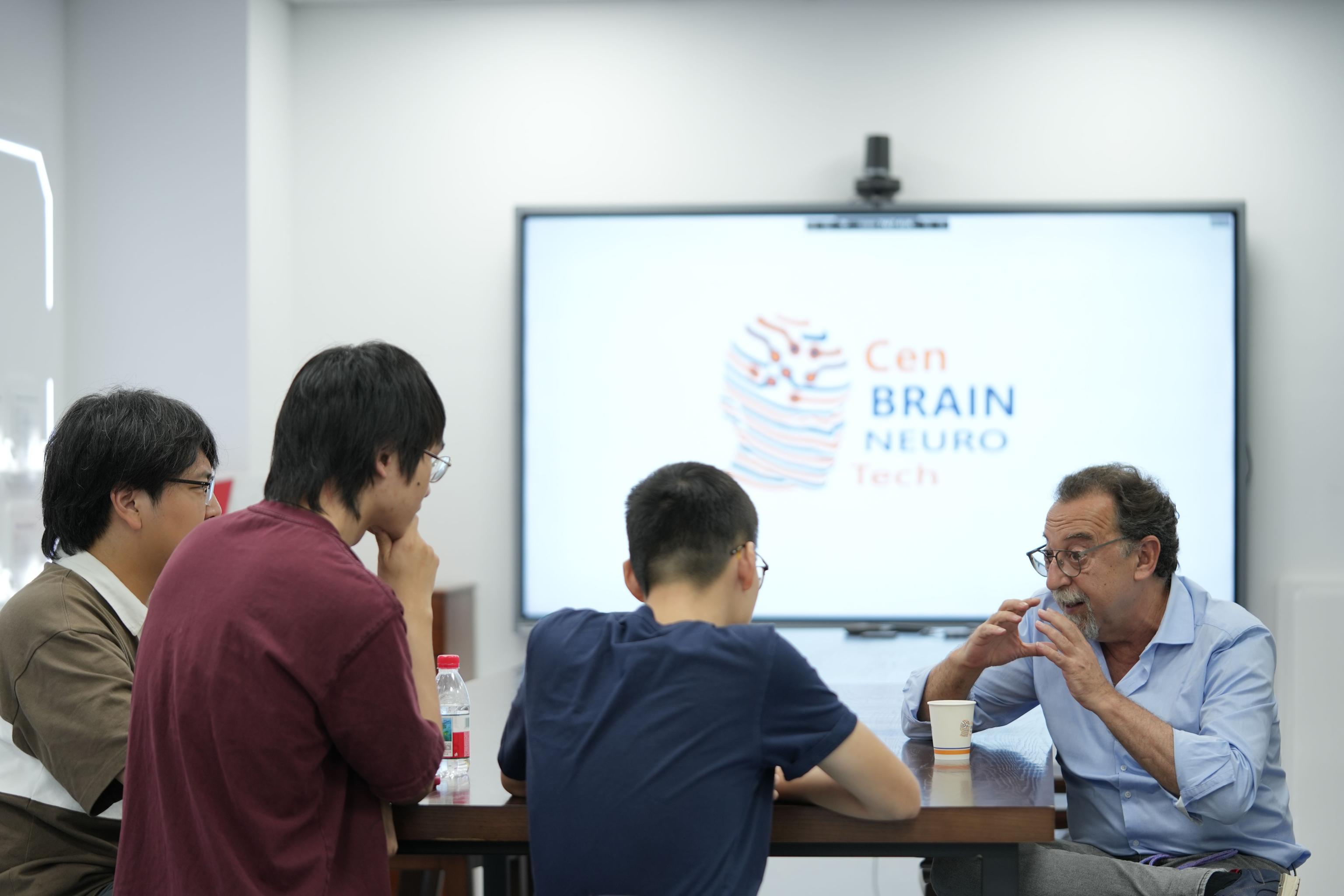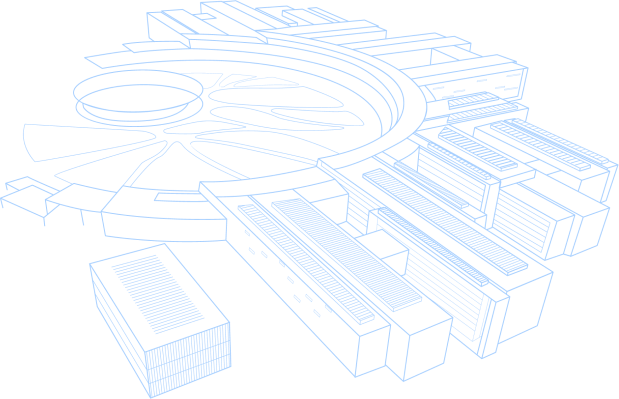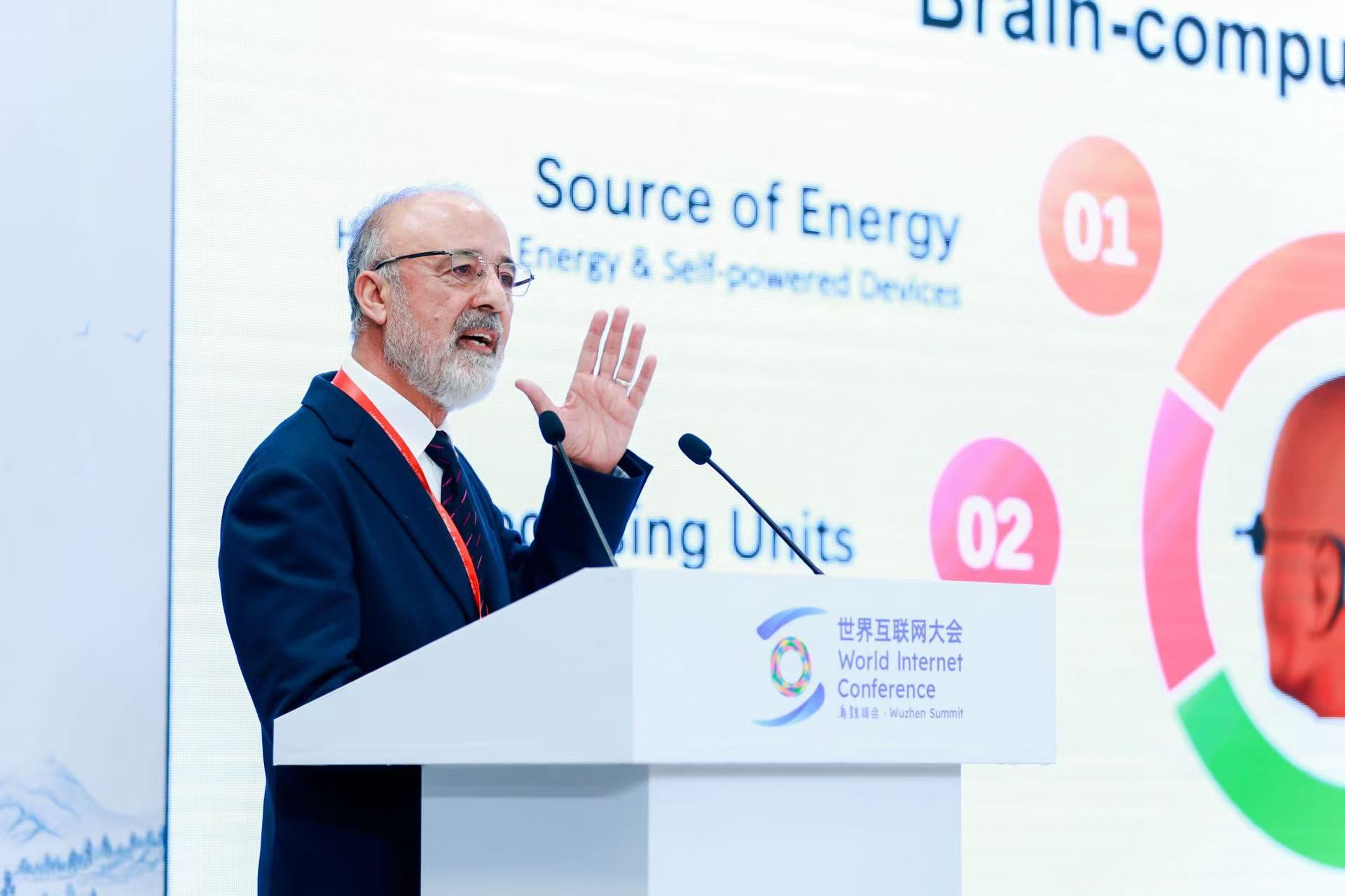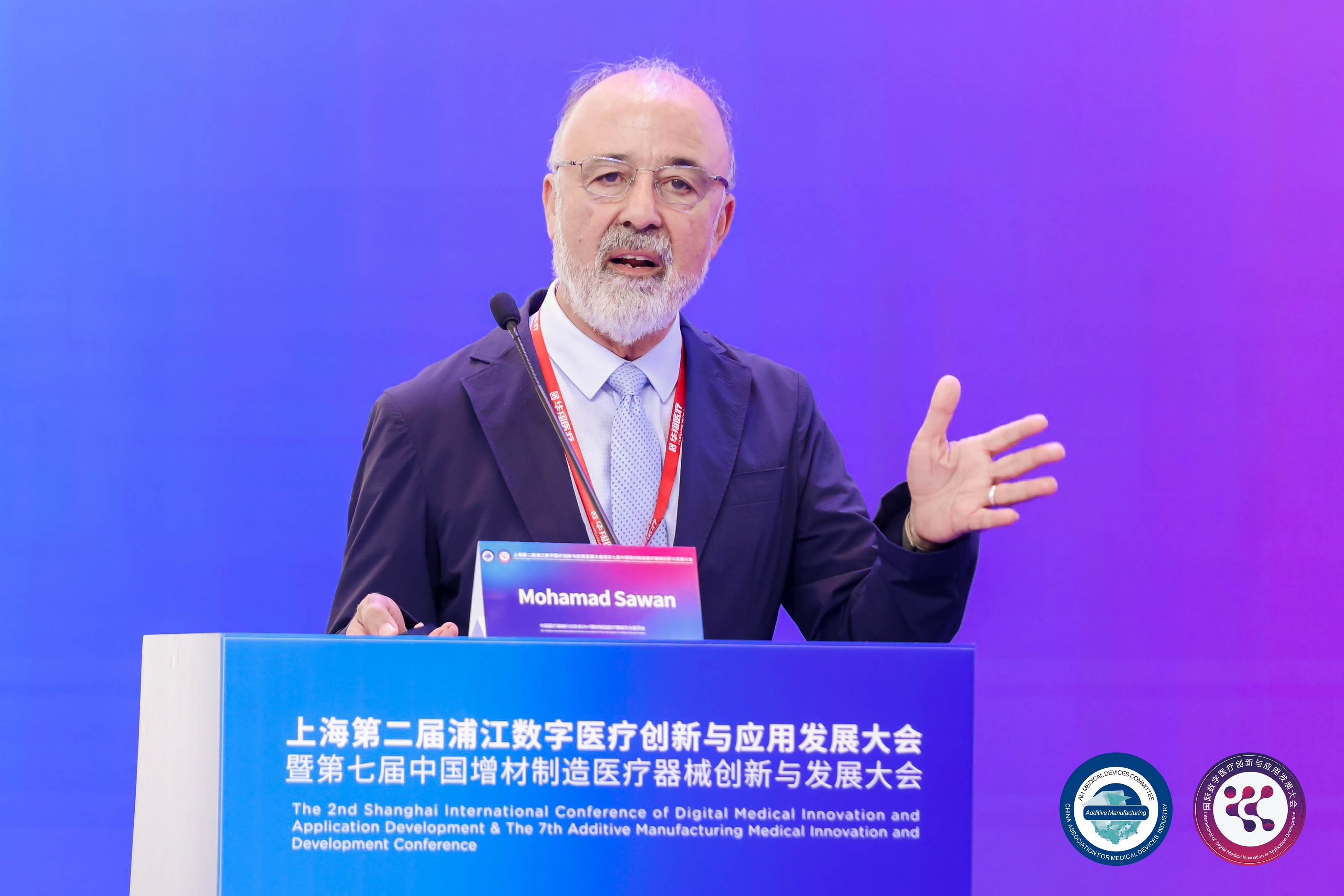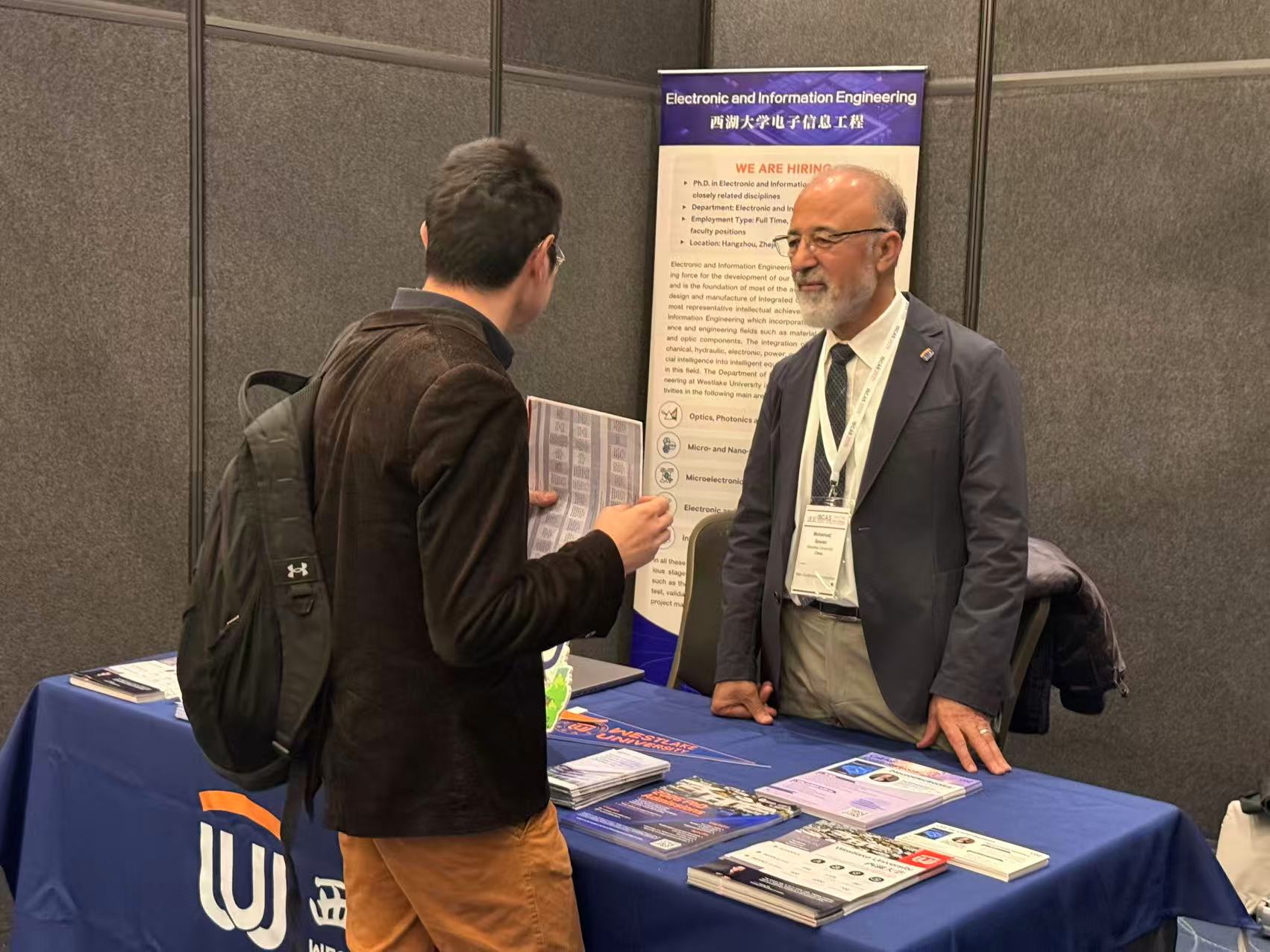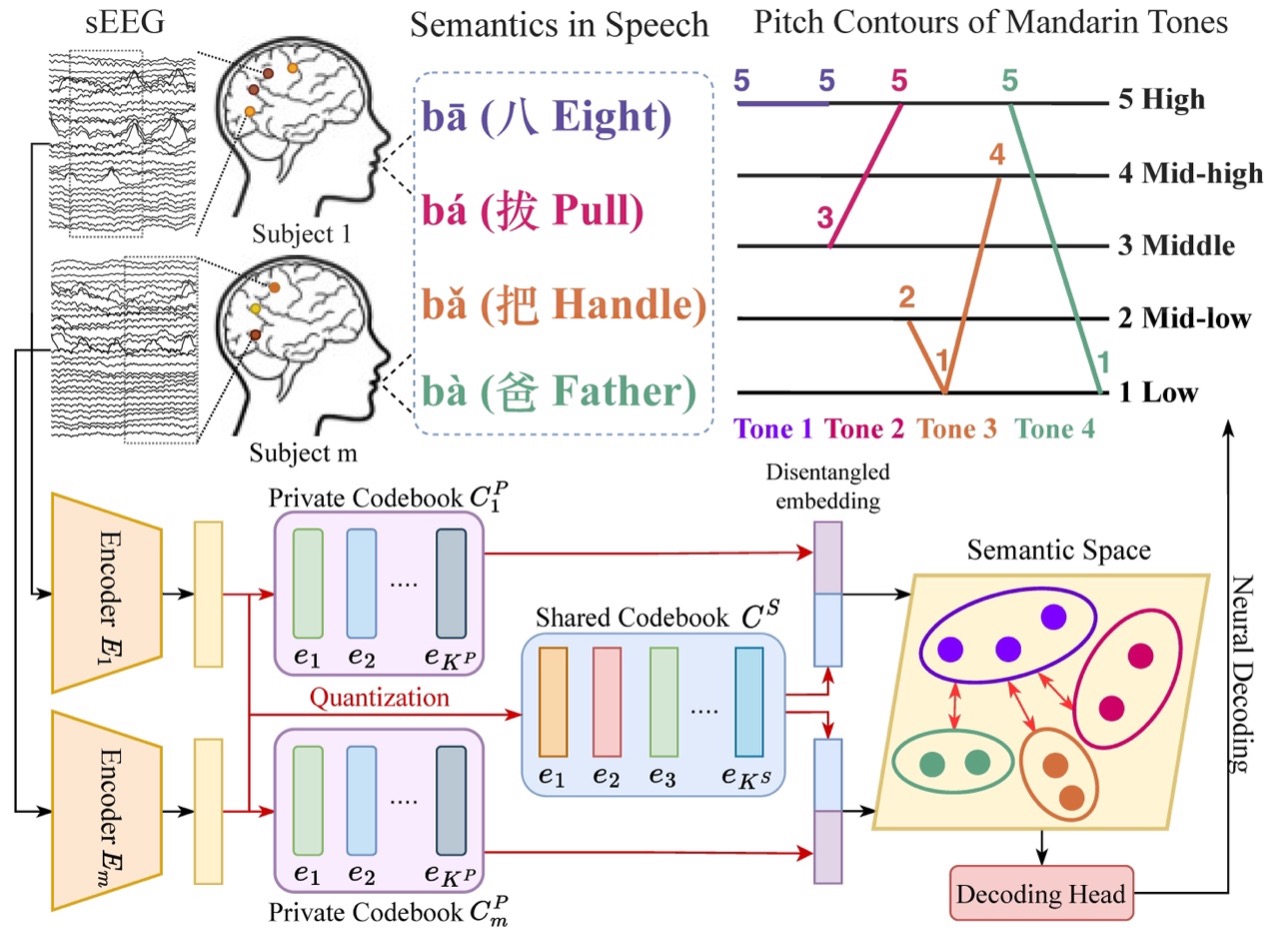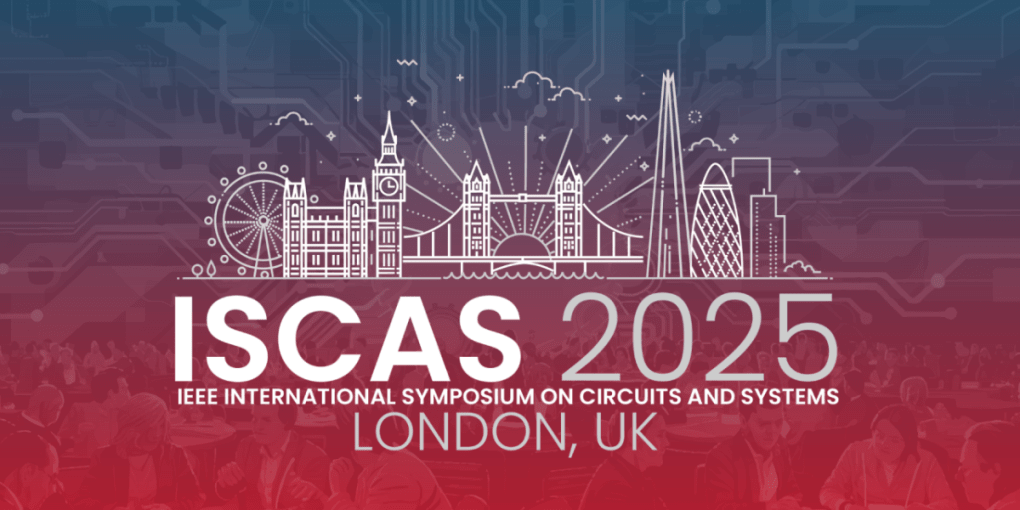On June 13th, Professor Manuel Delgado-Restituto from the Institute of Microelectronics of Seville (IMSE), Spain, visited Westlake University at the invitation of Chair Professor Mohamad Sawan and delivered a lecture titled "Integrated Microsystems for the Treatment of Neural Diseases." This lecture, hosted by us CenBRAIN Neurotech Center of Excellence and the IEEE Student Chapter of Circuits and Systems Society (CASS), attracted several faculty mambers and students from the School of Engineering and related fields.
This talk highlights the intersection of cutting-edge microelectronics and neural engineering to address the key technical and biological challenges of bidirectional neural interfaces. Recent advances in energy-efficient circuit designs, and miniaturized implantable electronics were also presented.
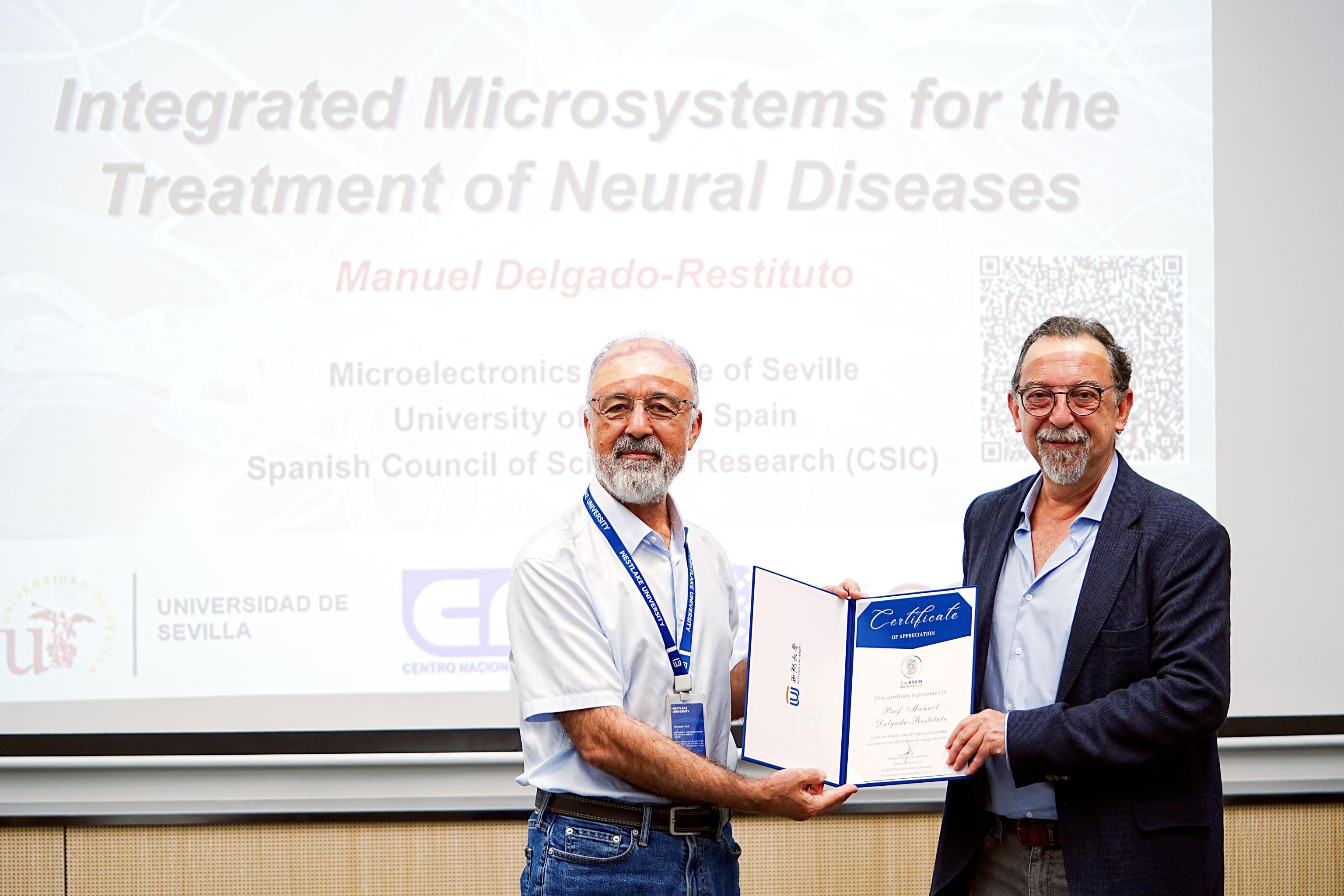
(Click "Read More" at the end to review the lecture video)
https://www.bilibili.com/video/BV1UEKdzuECD/?spm_id_from=333.1387.homepage.video_card.click&vd_source=dfc113ea2e67702fee9282d13e69ae1b
Biography:
Manuel Delgado-Restituto received the Ph.D. degree in Electronic Physics (Honors) from the University of Seville, Spain, in 1996. Since then, he has been working with the Institute of Microelectronics of Seville (IMSE-Univ. of Sevilla) where he currently heads a research group on low-power medical microelectronics and works in the design of silicon and optoelectronic microsystems for understanding biological neural systems, the development of neural prostheses and brain-machine interfaces, the implementation of wireless body area network transceivers and the realization of RFID transponders with biomedical sensing capabilities. He served as Editor-in-Chief and Associate Editor for different IEEE Publications, and he was Vice President for Publications and President-Elect of the IEEE Circuits and Systems Society and during the period 2022-2033 served as President of this Society.
He has also served (or is serving) in the Organizing Committee of different international conferences, including his role as General Co-Chair for ISCAS 2020 and as Technical Program Co-Chair for ESSCIRC 2010, ICECS 2012 and ISCAS 2022.
Lecture Abstract:
Professor Manuel Delgado-Restituto's lecture provided a systematic overview of the latest advancements in neural interface technologies. Beginning with fundamental neuroscience, he focused on the core technologies of therapeutic neural devices and brain-machine interfaces, covering key aspects such as neural signal acquisition (invasive and non-invasive), signal processing workflows, and intention decoding.
The lecture highlighted implantable bidirectional integrated systems as a cutting-edge research direction. These systems employ high-density microelectrode arrays to simultaneously record neural signals and deliver precise stimulation, demonstrating significant potential for treating conditions like epilepsy and Parkinson's disease, as well as restoring motor function in paralyzed patients. However, they also face multiple technical challenges, including real-time processing of massive data, ensuring long-term electrode stability, and achieving precise electrical stimulation.
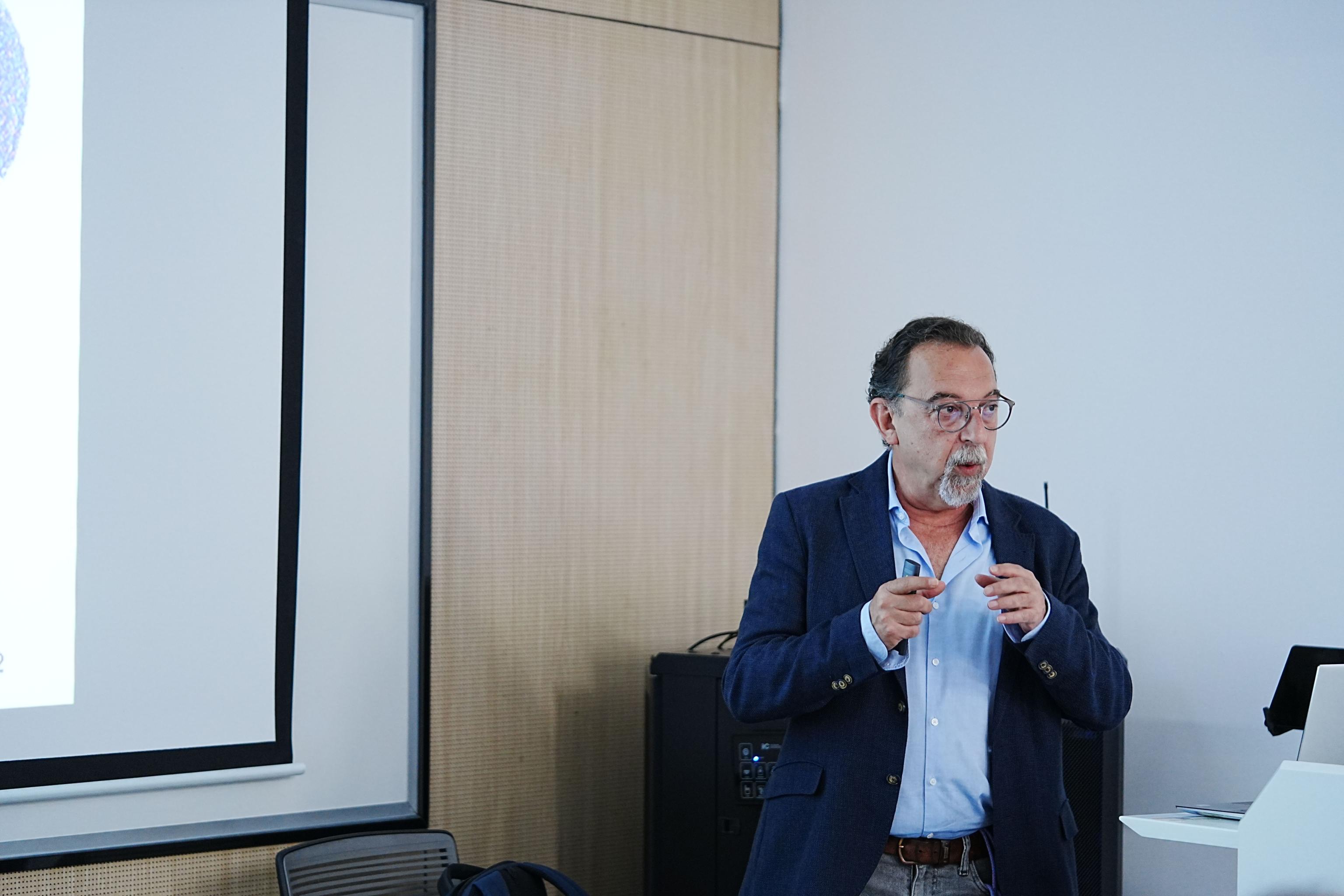
To address these challenges, Professor Manuel shared a promising solution: integrating edge computing directly into implantable devices to enable closed-loop control of recording and stimulation operations. The core idea involves real-time on-chip processing of raw neural data to extract key features and deliver precise modulation at the required spatial and temporal nodes, ultimately achieving more efficient and autonomous system operation. However, the integration of these closed-loop architectures poses challenges in miniaturization, thermal management, and accuracy, all of which are critical for long-term stable implantation.
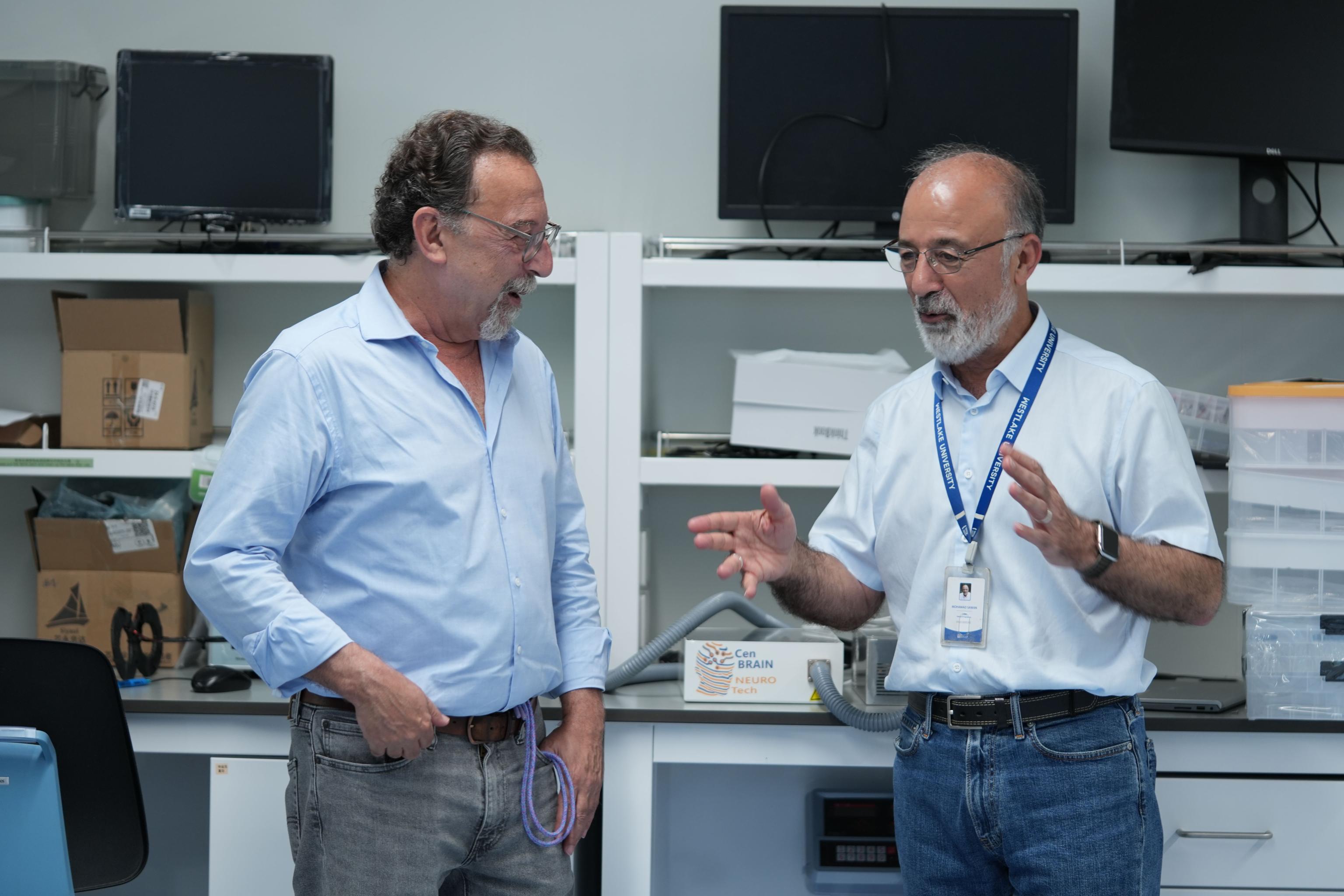
During the Q&A session, faculty and students engaged in in-depth discussions with Professor Manuel on topics such as the long-term stability of neural interfaces and optimization of signal processing algorithms. His insightful explanations provided attendees with a deeper understanding of the technical challenges and future directions of implantable neural interfaces. Professor Delgado-Restituto emphasized that as the technology matures, these systems will not only revolutionize neural disease treatment but also drive groundbreaking advancements in brain-machine interfaces.
Representing the IEEE Circuits and Systems Society (CASS), Professor Manuel praised the academic enthusiasm of the IEEE CASS Westlake University Student Branch Chapter.
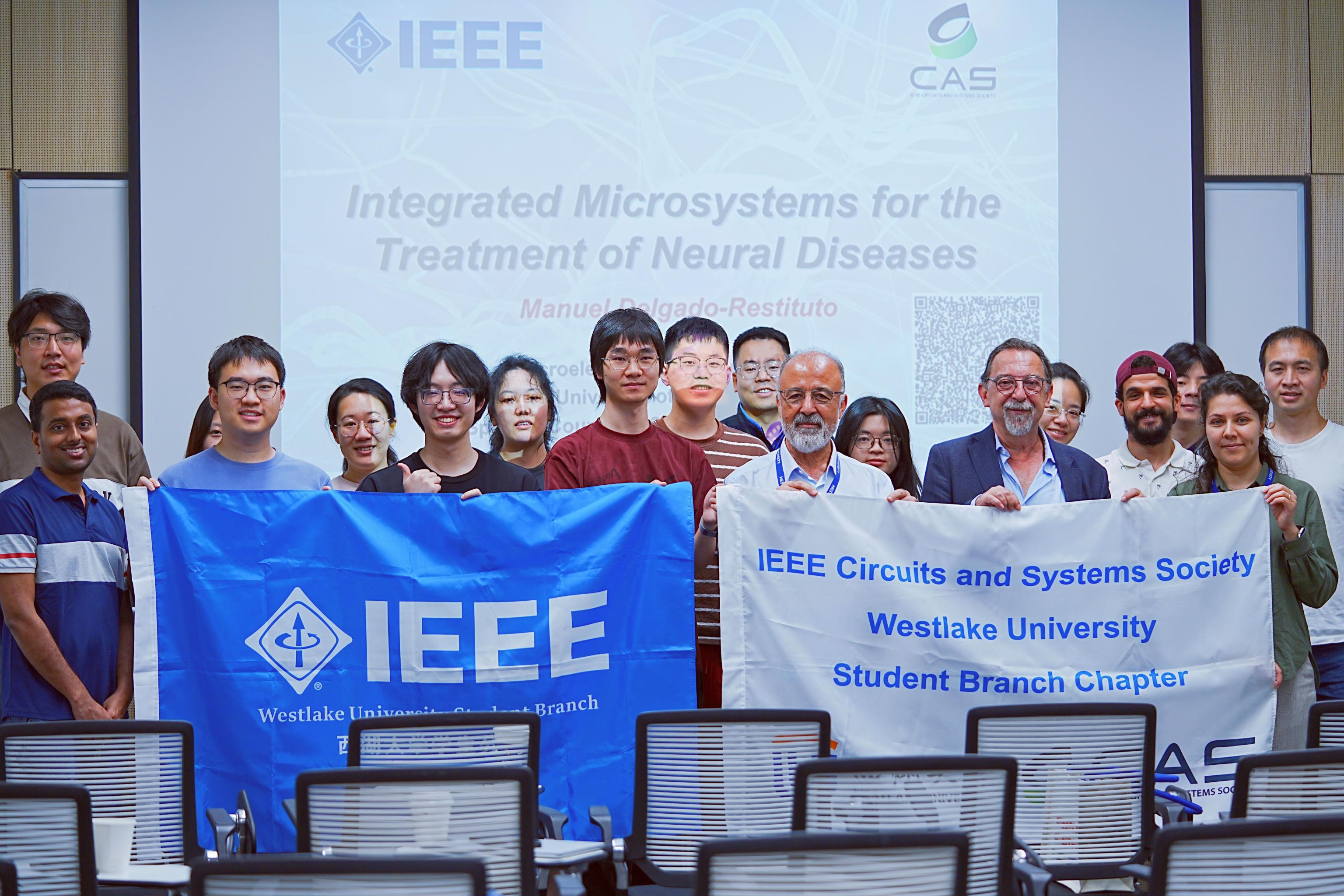
Under the guidance of Chair Professor Mohamad Sawan, Founding Director of the CenBRAIN Neurotech Centre of Excellence, this international student organization is dedicated to fostering student innovation and collaboration in advancing interdisciplinary research in circuits and systems.
After the lecture, Professor Delgado-Restituto visited CenBRAIN Neurotech Center of Excellence. He encouraged students to actively participate in interdisciplinary research, combining microelectronics, neuroscience, and clinical medicine to advance the fields of neural interface technologies. His visiting not only facilitated academic exchange but also offered new insights for CenBRAIN Neurotech in related research areas.
